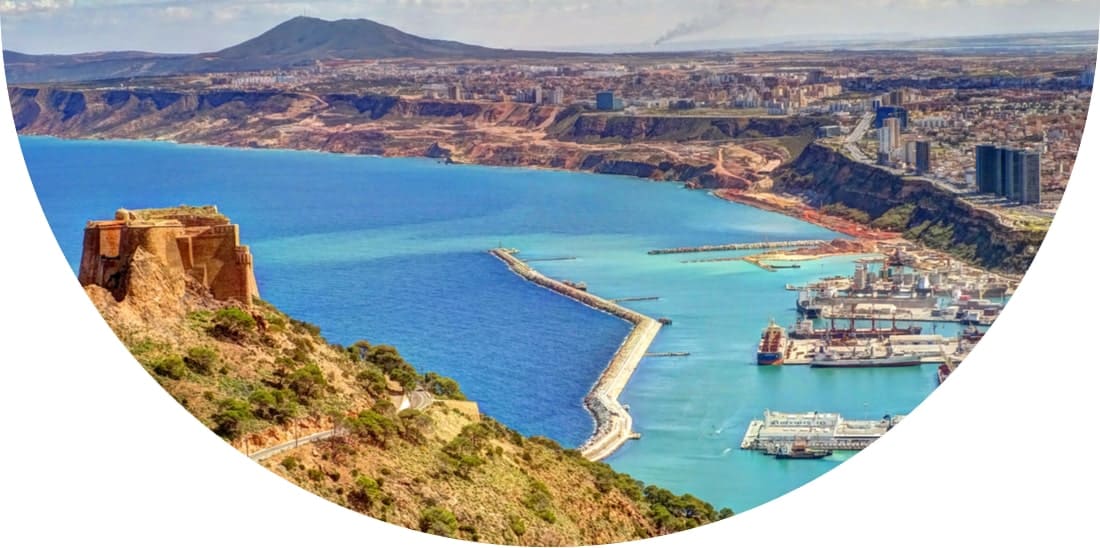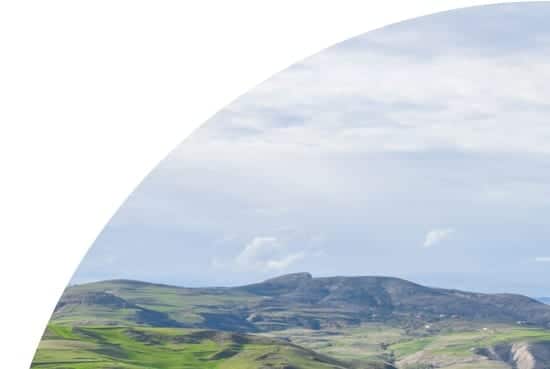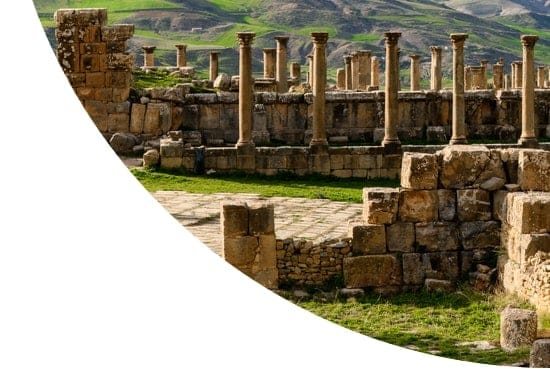Schistosomiasis, also called bilharzia, is an infection caused by a parasitic worm that lives in fresh water in subtropical and tropical regions. Avoid swimming in fresh water rivers, streams and lakes if you can. You often don't have any symptoms at first, but after a few weeks may develop a rash, high temperature, cough, diarrhoea and joint pain. Schistosomiasis can usually be treated successfully with a short course of a medication that kills the worms.


Travel Vaccinations for Algeria
Recommended Vaccines for Algeria
The level of protection needed depends on your medical history and travel itinerary. Book now to get a personalised recommendation from our specialist travel nurses. The consultation costs £20 plus any vaccines you decide to take.
Flexible appointments with no upfront payment
Book Now
Destination Information for Algeria
Algeria is Africa’s largest country, yet its tourist industry is still in its infancy. This vast and varied landscape has plenty to offer travelers, with stunning coastlines, tranquil mountainous areas, incredible architecture and amazing deserts to discover. The official language of Algeria is Arabic Tamazight, but most locals are fluent in French, Algeria’s colonial language.
Most visitors to Algeria plan to view some of the fabulous Roman and Byzantine ruins, such as the Roman town of Timgad, whose grid-like city streets are remarkably well preserved. The Sahara region is also a huge draw for tourists, and a camel ride or a spot of desert-surfing is a must-do for thrill seekers! Drive or hike through the mountains for breath-taking views and spectacular sunsets and visit some of the wonderful and unique Algerian cities offering traditional arts, crafts, music and food. The capital, Algiers is a thriving Mediterranean city whose Kasbah is one of the world heritage sites dating back to 4th century BC. For those who want to experience a lively city with the very best of Algeria’s restaurants, beaches, nightlife, museums and more, Oran, in the west of the country, is perfect.
Infections and Outbreaks frequently change from country to country and by attending our clinics you will be given the most up to date clinical and safety advice from our team of specialists. Our advice to you often includes aspects such as:
Non Vaccinated Diseases
Additional Health Risks Information for Algeria
While you are travelling in Algeria, the authorities take your safety very seriously. This can be a dangerous country to visit, particularly outside of major towns and cities and in areas close to the border. There will be a visible security presence, and you may be stopped and questioned if you venture outside of main areas. Unless you are travelling as part of an organised tour with an escort, you should inform the authorities of your plans in advance. Avoid all travel to areas within 30km of any border. Terrorist attacks are highly likely. It’s always advisable to travel with a local guide or escort, avoid rural areas and avoid travelling after dark. Risk of rabies is higher for those visiting rural areas, consult a travel clinic before your trip for necessary vaccines. There are both private medical clinics and government funded hospitals, however treatment, supplies and equipment will be better at a private facility.
Ensure that you have appropriate travel insurance in place, which covers repatriation if necessary. Algeria is a large country and journey times between towns can be long, with little in the way of medical assistance in more rural areas, although the country as a whole has one of the best healthcare systems in Africa. Take a reliable means of summoning help, and carry a first aid kit to enable you to self-treat minor injuries and ailments.
Northern Algeria is within an earthquake zone, and certain parts of the country are prone to flood damage. Check the conditions for your specific destination before you travel, and follow local advice for what to do in the event of an earthquake.



